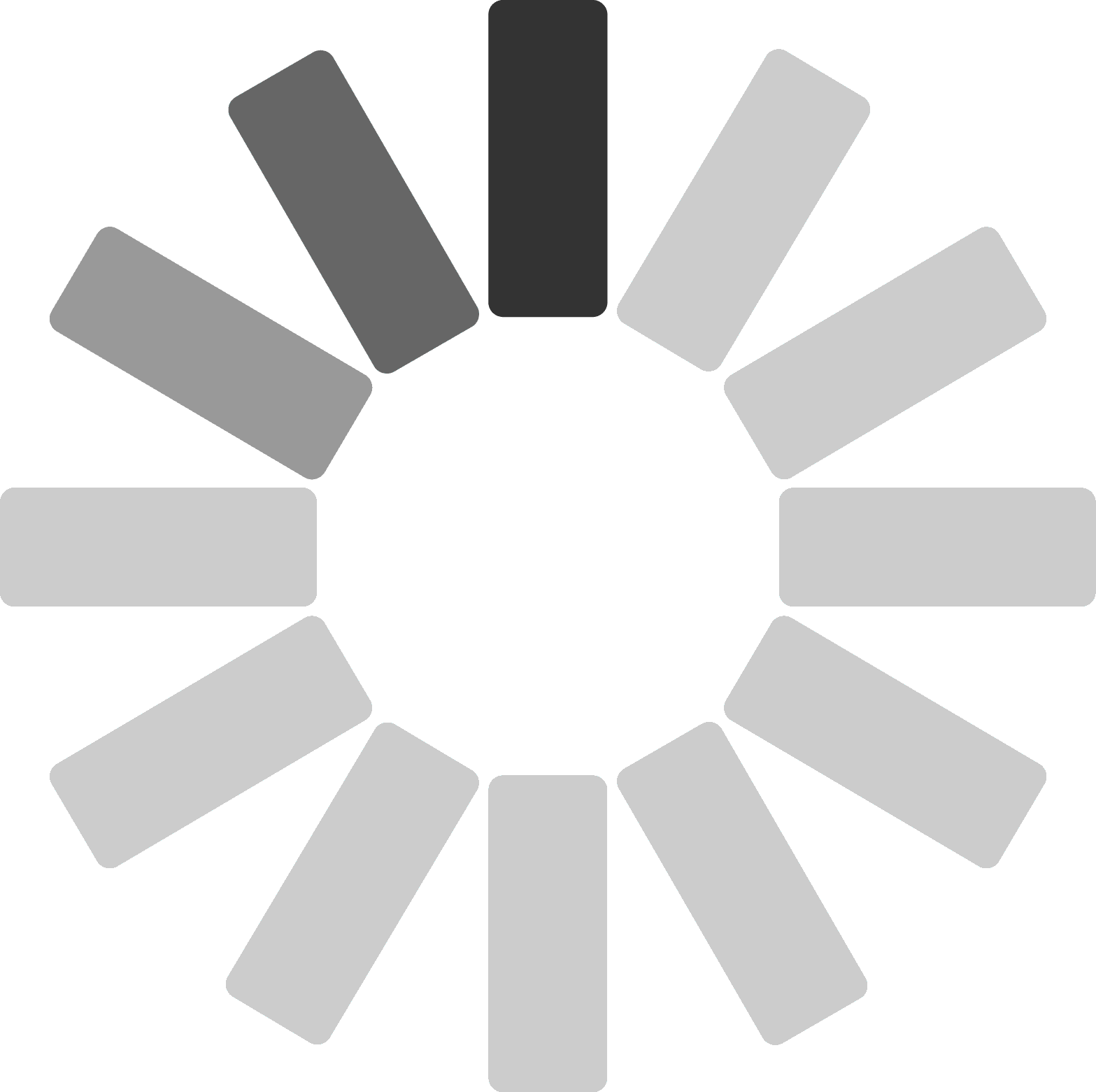- HOME
- GAMES
- WORD GAMES
- SOLAR SYSTEM WORDS
×
Change Avatar
Solar System Words
console:
Solar System Words
Play Turtle Diary's Solar System Words game. It is just one of many exciting and interactive science games on Turtle Diary
| Words | Meaning | Example |
|---|---|---|
| Sun | The star at the center of our solar system, which provides heat and light to the planets. | The sun rises in the east and sets in the west. |
| Planet | A large celestial body that orbits a star, such as the sun, and is spherical in shape. | Mars is known as the Red Planet due to its reddish appearance. |
| Moon | A natural satellite that orbits a planet. | The Earth's moon influences tides on our planet. |
| Earth | The third planet from the sun and the only known celestial body to support life. | Earth is often referred to as the "Blue Planet" because of its oceans. |
| Mars | The fourth planet from the sun, often called the "Red Planet" due to its reddish appearance. | Scientists are studying Mars for signs of past or present life. |
| Jupiter | The largest planet in our solar system, known for its massive size and strong magnetic field. | Jupiter's Great Red Spot is a prominent feature on its surface. |
| Saturn | The sixth planet from the sun, famous for its stunning ring system. | Saturn's rings are made up of countless tiny particles of ice and rock. |
| Uranus | The seventh planet from the sun, known for its distinct blue-green color. | Uranus rotates on its side, making it unique among the planets. |
| Neptune | The eighth and farthest planet from the sun, with a deep blue color. | Neptune has strong winds and a stormy atmosphere. |
| Asteroid | A small, rocky object that orbits the sun, mainly found in the asteroid belt between Mars and Jupiter. | The asteroid belt contains many fragments from the early solar system. |
| Comet | A celestial object composed of ice, dust, and gas that orbits the sun and often develops a bright tail when near the sun. | Comets have long been considered harbingers of change in ancient cultures. |
| Orbit | The path followed by an object, such as a planet or satellite, as it revolves around another object due to gravitational attraction. | The moon orbits the Earth in a nearly circular path. |
| Galaxy | A vast system of stars, gas, dust, and dark matter held together by gravity. | The Milky Way is the galaxy that contains our solar system. |
| Star | A massive, luminous sphere of hot gas that emits light and heat through nuclear fusion reactions. | The North Star, or Polaris, is a well-known star for navigation. |
| Black Hole | An extremely dense region in space where gravity is so strong that nothing, not even light, can escape from it. | Black holes are formed from the remnants of massive stars. |
| Solar Wind | A stream of charged particles, primarily electrons and protons, emitted by the sun into space. | Solar wind can affect the Earth's magnetic field and cause auroras. |
| Constellation | A group of stars that form a recognizable pattern or shape in the night sky. | The constellation Orion is often visible in the winter sky. |
| Spacecraft | A vehicle designed for travel or operation in outer space. | The Hubble Space Telescope is a famous spacecraft that captures stunning images of distant galaxies. |




